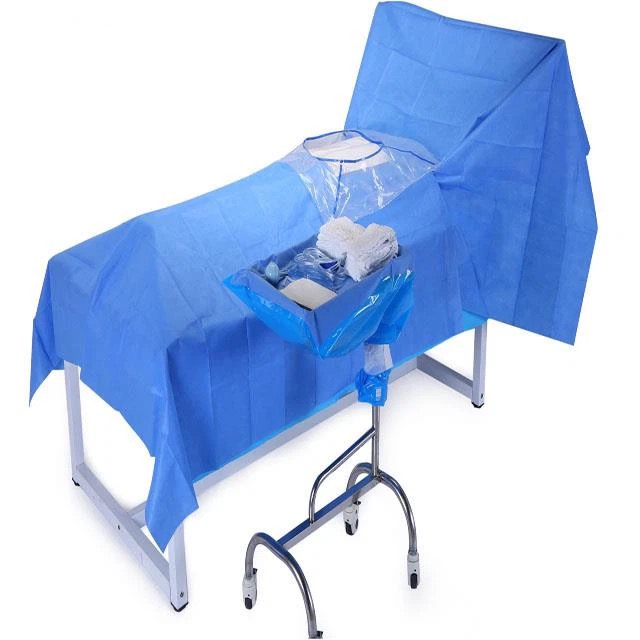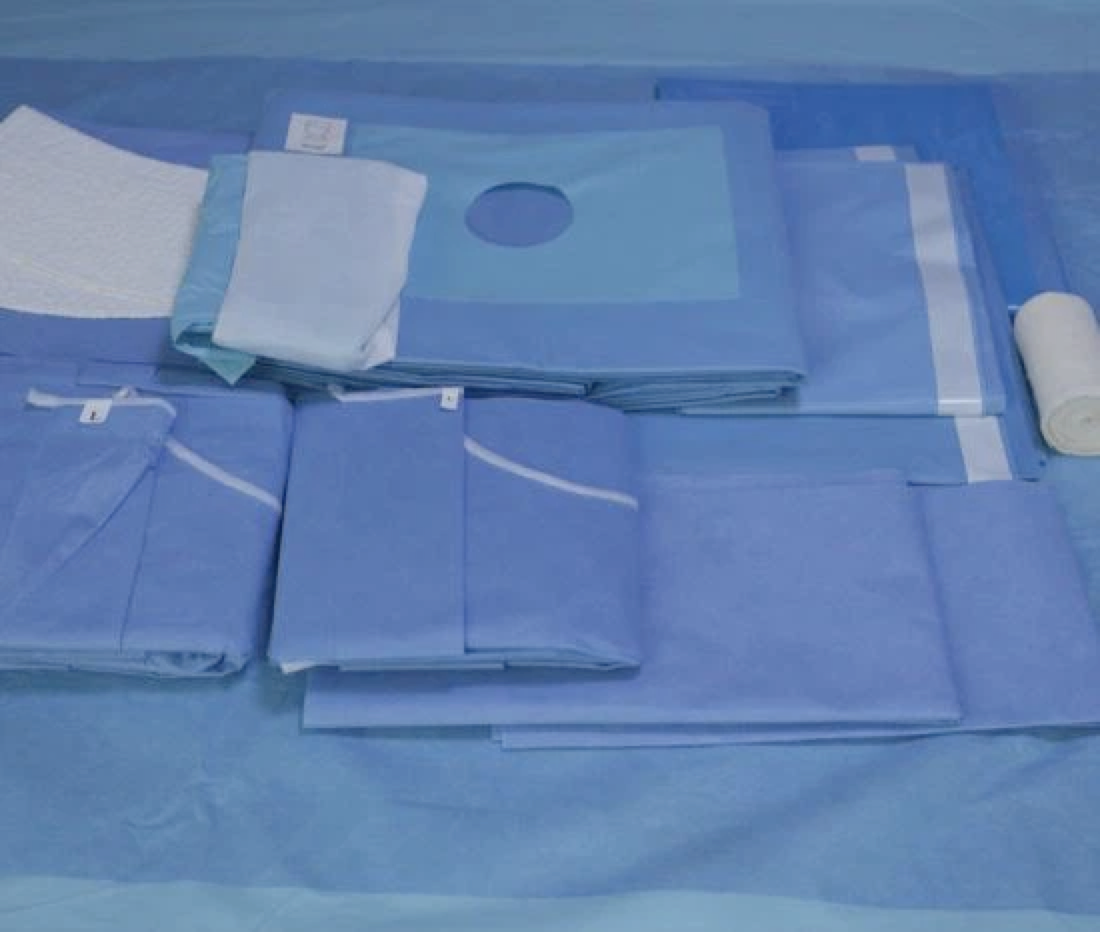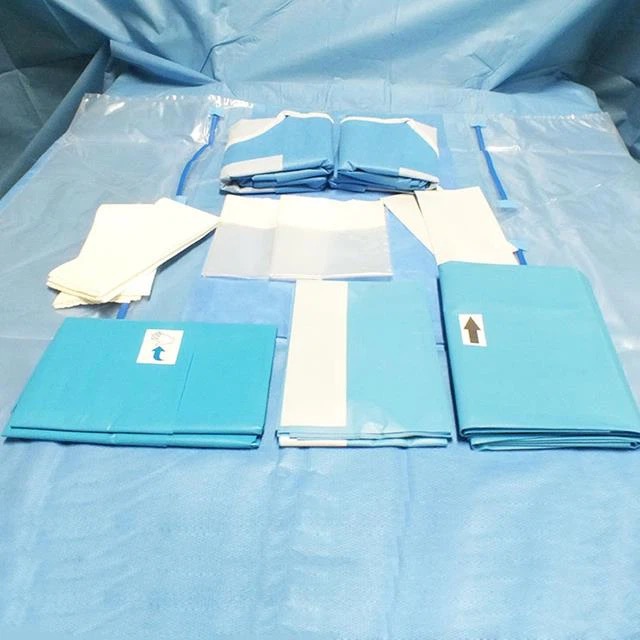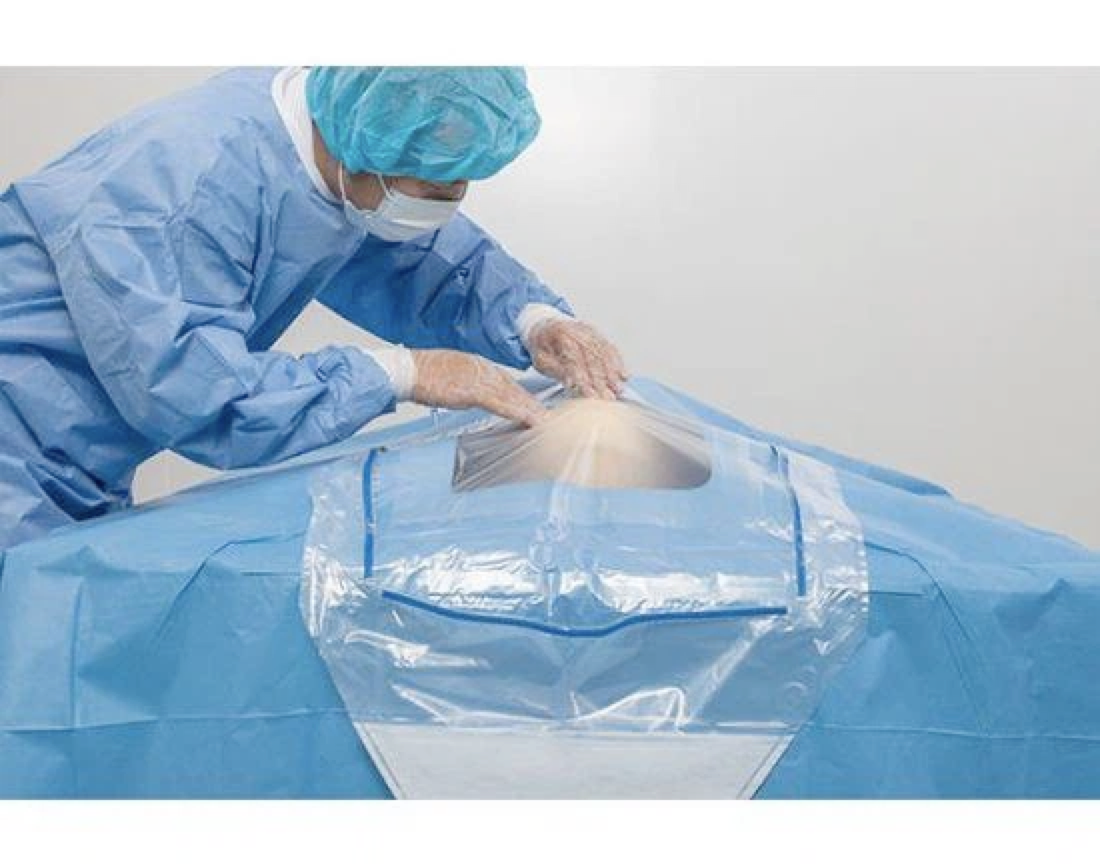Assessing the patient's condition
The doctor needs to know detailed information about the patient's medical history, physical condition, and drug allergy history in order to make the right decision during the surgery. At the same time, the doctor also needs to assess the risks of the surgery for the patient and determine the necessity and feasibility of the surgery.
Developing a Surgical Plan
The surgeon needs to plan the surgery according to the patient's specific situation, including the way of surgery, steps, anaesthesia, etc. The surgery plan needs to be detailed to the last detail to ensure that every step of the surgery process can be carried out smoothly.
Preparing surgical instruments and medicines
The surgeon will need to prepare the instruments, dressings and medicines needed for the surgery to ensure that they can be used in a timely manner during the surgery. The doctor also needs to check the quality and expiry date of these items to ensure their safety and reliability.
Communication with patients
The doctor needs to communicate with the patient or his/her family members, explaining the purpose of the surgery, risks, post-operative precautions, etc., in order to obtain the patient's informed consent. At the same time, the doctor needs to answer the questions of the patient or his/her family to eliminate their concerns and worries.
Arranging the time and place of surgery
The doctor needs to coordinate with the operating theatre management to determine the time and place of the surgery. The doctor also needs to ensure that the equipment and environment of the operating theatre meets the requirements of the surgery to ensure a safe and smooth operation.





